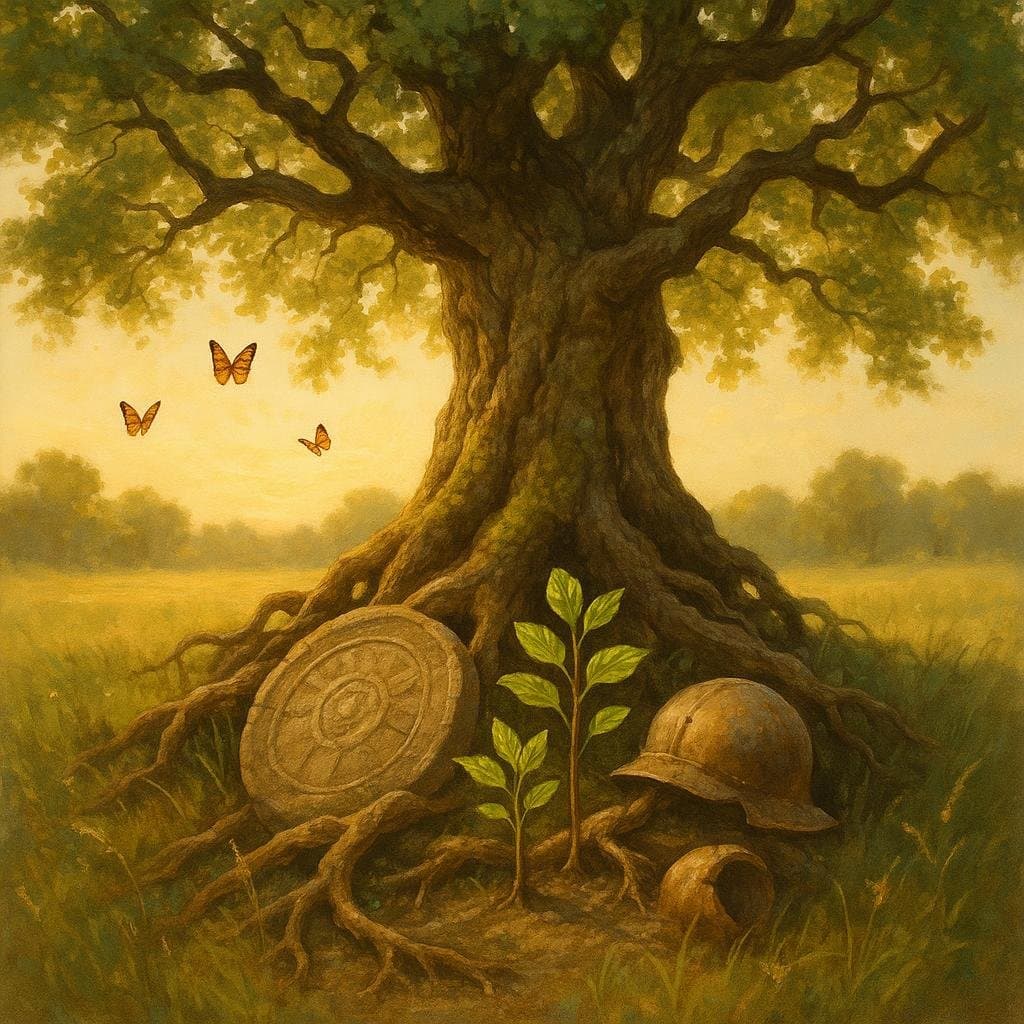No Legacy Is So Rich as Honesty – William Shakespeare

No legacy is so rich as honesty. — William Shakespeare
The Value of Integrity
Shakespeare elevates honesty above material wealth, suggesting that a legacy founded on truthfulness surpasses all worldly inheritance. In his play *All’s Well That Ends Well* (Act 3, Scene 5), the line emerges as a moral lesson, prioritizing ethical conduct over possessions.
Enduring Reputation
Honesty outlives riches in shaping how people are remembered. Like George Washington, who was celebrated for never telling a lie in 'The Cherry Tree' anecdote (Parson Weems, 1800), a reputation for integrity persists for generations while fortunes can be lost.
Trust as Social Currency
Societies flourish when members value honesty—lying erodes trust, while truth binds people together. In Harper Lee's *To Kill a Mockingbird* (1960), Atticus Finch insists on honesty even under pressure, teaching his children its value above all else.
Consequences of Dishonesty
Shakespeare’s works often warn against deceit—like in *Othello*, where Iago's lies lead to tragedy. Such examples reveal that dishonest legacies breed sorrow and ruin, never lasting beyond immediate gain.
Universal and Timeless Appeal
Across cultures and centuries, honesty remains a prized attribute. Confucius, in *The Analects* (c. 475 BC), emphasized that integrity is the root of all virtue, mirroring Shakespeare's assertion that honesty is the richest legacy of all.